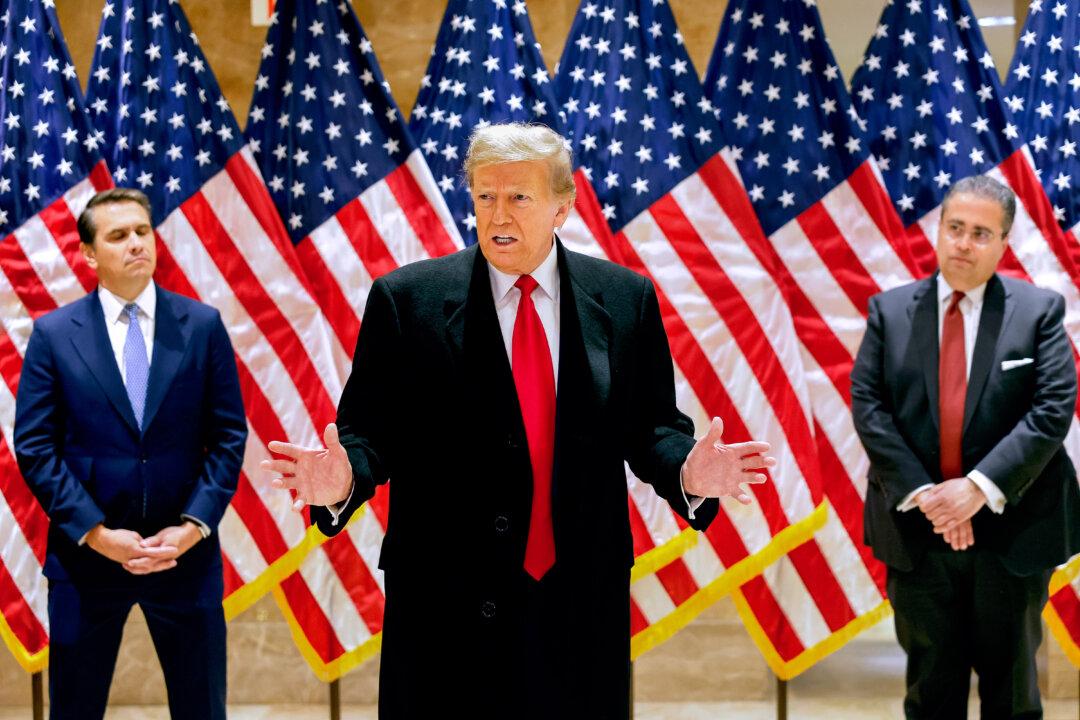On April 3, New York Supreme Court Justice Juan Merchan denied a defense motion to adjourn the upcoming trial scheduled for April 15, and in his order, referred to former President Donald Trump’s case before the Supreme Court as the “Federal Insurrection Matter.”
“Defendant fully briefed the issue of presidential immunity in his motion to dismiss the matter of United States v. Trump, US Dist Ct, DDC 23 CR 25, (TSC) (hereinafter “Federal Insurrection Matter”) on October 5, 2023,” Justice Merchan wrote.





